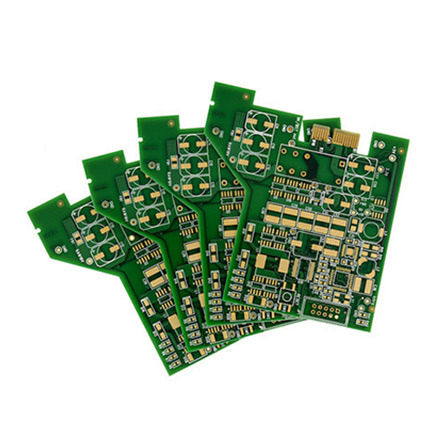

The Significance of Buying Float Glass A Comprehensive Overview
Float glass, an essential material in the construction and manufacturing sectors, plays a pivotal role in modern architecture and design. Its versatility, clarity, and durability make it a preferred choice for a wide array of applications, including windows, facades, glass doors, and interior partitions. In this article, we will explore the benefits of purchasing float glass, the factors to consider before making a purchase, and its applications across various industries.
What is Float Glass?
Float glass is produced by floating molten glass on top of molten tin, allowing the glass to form a smooth and uniform thickness. This manufacturing process results in glass panels that are free from imperfections and bubbles. The glass is then cooled and cut into sheets of desired dimensions. Due to its flat surface and high optical clarity, float glass has become the standard for glazing solutions around the world.
Benefits of Buying Float Glass
1. High Transparency and Clarity One of the main reasons to choose float glass is its exceptional optical clarity. This property ensures that the glass remains transparent, enhancing the aesthetic appeal of any space while allowing natural light to flow in.
2. Versatility Float glass can be manufactured in various thicknesses and sizes, making it suitable for a wide range of applications. Whether it is used in residential homes, commercial buildings, or industrial facilities, float glass adapts well to different design requirements.
3. Durability and Strength Float glass is known for its strength and resilience. It can withstand considerable impact and pressure, making it an ideal choice for high-traffic areas. Additionally, advancements in technology have led to the development of tempered and laminated float glass, which further enhances its safety and durability.
4. Easy Maintenance Float glass surfaces are non-porous and easy to clean, providing functional advantages over other materials. Regular cleaning can maintain its clarity and transparency, making it a popular choice for both residential and commercial settings.
5. Environmental Friendliness Float glass is recyclable, which is a significant plus in today's environmentally-conscious market. When disposed of properly, float glass can be recycled and repurposed, reducing waste and promoting sustainability.
Factors to Consider When Buying Float Glass

1. Thickness One of the first considerations is the thickness of the float glass you need. Depending on its application, different thicknesses provide varying levels of insulation and strength.
2. Quality Standards It is vital to purchase float glass that meets necessary quality standards and certifications. This ensures that the glass adheres to safety regulations and is suitable for its intended use.
3. Manufacturer Reputation Choose reputable manufacturers known for their high-quality products and transparent business practices. Research customer reviews and seek recommendations from industry professionals to identify trustworthy suppliers.
4. Cost While cost is often a deciding factor, it is essential to weigh it against quality and performance. Sometimes, opting for slightly more expensive float glass can save money in the long run due to decreased maintenance or replacement needs.
5. Custom Solutions If your project requires specific dimensions or features, inquire whether the supplier can offer customized float glass solutions. This flexibility can ensure that you meet your project's unique requirements.
Applications of Float Glass
Float glass finds usage in various sectors, including
- Architecture and Construction Used for windows, doors, and facades to achieve a sleek and modern appearance. - Automotive Utilized in car windows and windshields thanks to its strength and clarity. - Furniture Design Employed in tabletops and shelving for a minimalist aesthetic. - Interior Design Ideal for room dividers and decorative elements, enhancing visual space.
Conclusion
Buying float glass presents numerous advantages, from its clarity and durability to its sustainability. Understanding the various aspects of float glass and its applications is crucial for making informed purchasing decisions. Whether for a construction project, automotive needs, or interior design, float glass remains a staple material that combines both functionality and beauty. If you're considering incorporating float glass into your next project, evaluate the options available and choose wisely to reap the benefits of this remarkable material.